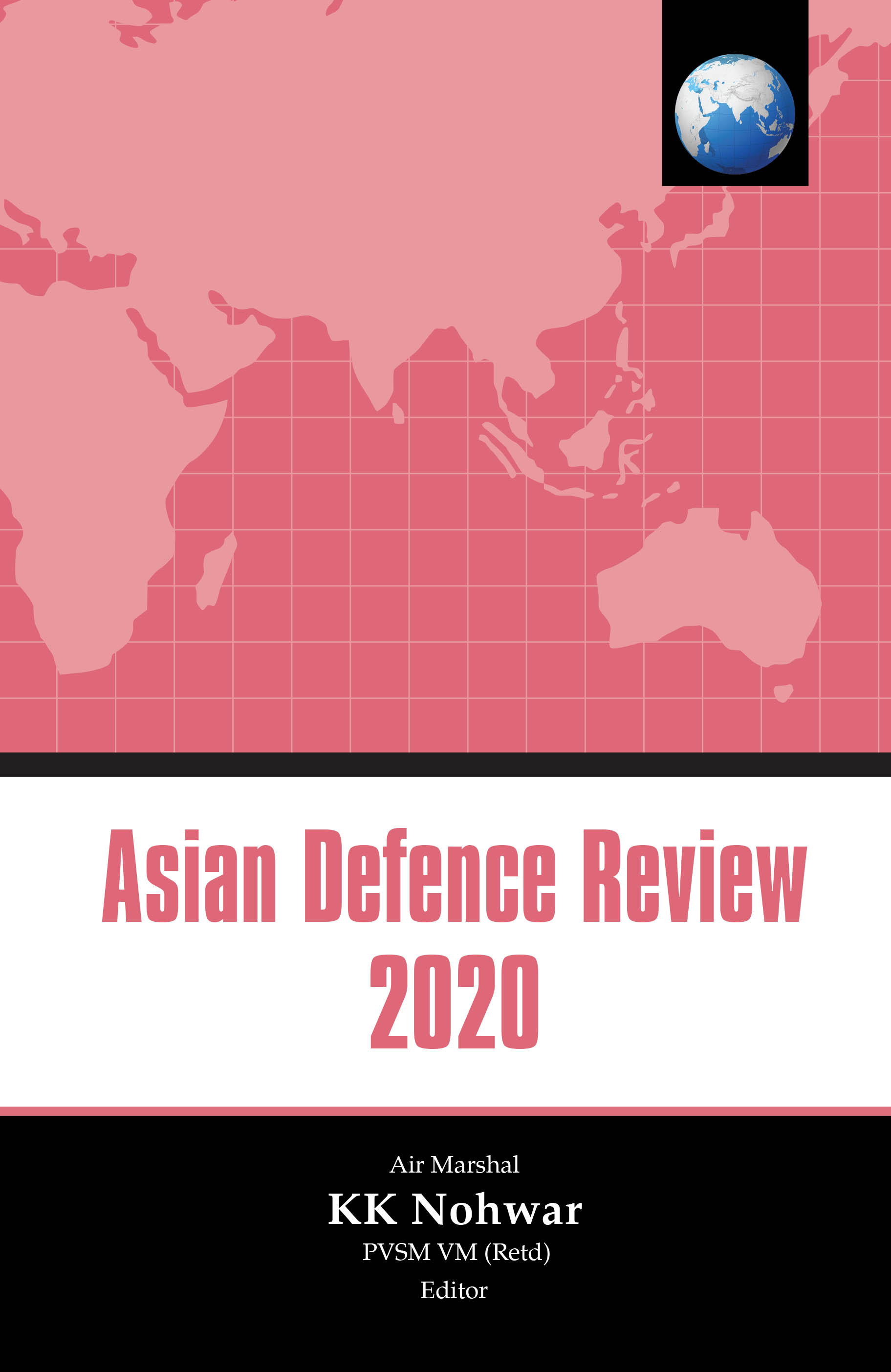Subjects
Recent View(s)
Asian Defence Review 2020
KK Nohwar
The year 2020 can easily go down for most inhabitants of the planet as one that they would rather erase from their memory. The impact of COVID-19 has been so devastating—and not merely for the number of lives lost—that except for the PRC and Taiwan, no nation has seen a positive growth in its economy. This is more so in a world where economies are interconnected, and the spill-over effects impact all. Loss of jobs—especially for migrant labour—has been the bane of almost all developing countries worldwide. ‘Work from home’ has been the new mantra, brought about by the forced lockdowns due to the pandemic. Will this be the new normal?
At a time when it should have been lending a helping hand to those countries deeply affected by the virus that originated in Wuhan, China saw it fit to use the period to work towards achieving its lofty Centenary Goals. Even in boxing, the referee does not allow a boxer to hit his opponent when he is down. China, obviously, has not read the rule book. Its dastardly attack on an Indian patrol party on June 15, 2020, using sticks studded with barbed wire and nails led to the loss of twenty Indian soldiers at Galwan. The riposte by the Indian Army led to the killing of many more (unconfirmed) PLA soldiers in a meaningless slugfest. The face-off since April 2020 continues in Eastern Ladakh.
The US Presidential elections are done and dusted; Joe Biden, the new incumbent, would be sworn in as the 46th POTUS on January 20, 2021. We wish him the very best for his Presidency in these trying times.
The Centre for Air Power Studies (CAPS) has been publishing the Asian Defence Review to analyse and understand the challenges that impact India’s security and offer insight into possible strategies to mitigate them. This volume, a resource base for all readers, is twelfth in the series. It aims to add to the pool of information and knowledge in the current strategic discourse that impacts the world in general, and Asia in particular.


 Political Science
Political Science
